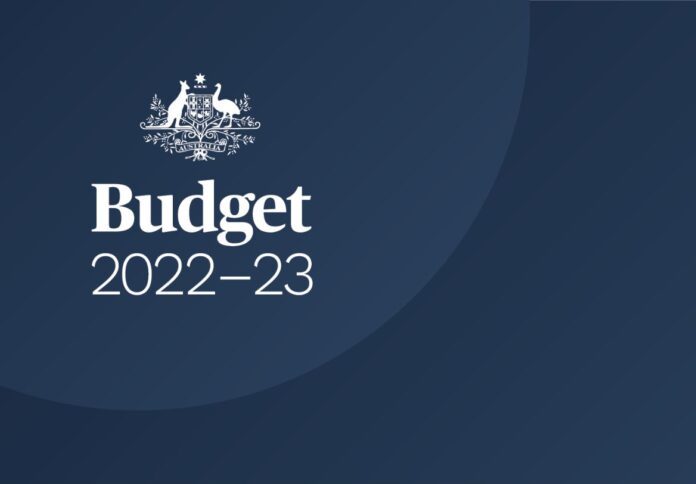
The Australian government has released its 2022-23 Budget with plans to help priority sectors grow their industrial base and diversify the economy by supporting regional development.
The Federal Budget includes key efforts aimed at addressing structural challenges, such as energy transition, affordable housing, and skills shortages while tackling short-term cost-of-living measures.
It outlined plans to establish the National Reconstruction Fund, which will provide $15 billion of capital to transform and strengthen industries, enabling job growth and helping build “a future made in Australia.”
“No more sleepwalking. No more surrendering industries and jobs overseas. No more selling out our future, by clinging to the past,” Treasurer Jim Chalmers said in his budget speech.
The National Reconstruction Fund will provide loans, guarantees, and equity, and collaborate with the private sector to unlock further investment.
Seven priority sectors will also receive financial backing to add value to primary products and leverage Australia’s natural and competitive strengths. These sectors are namely resources; agriculture, forestry, and fisheries sectors; medical science; renewables and low emission technologies; defence capability; transportation; and enabling capabilities.
The government has announced grants of $113.6 million for manufacturing upgrades to boost Australia’s competitiveness, invest in regional areas, and reduce the country’s overall carbon output. These commitments are expected to boost employment through projects such as biotech in Ipswich, advanced manufacturing in Adelaide, and low-carbon zinc in Hobart.
The government is also investing $22 million in Lansdown advanced manufacturing precinct, which will host emerging industries, including hydrogen and lithium-ion battery manufacturing, bolstering employment in North Queensland.
The Federal Budget also includes efforts to expand Australia’s renewable energy sector, with plans to establish a national grid comprised of 82 per cent renewables by 2030.
This plan includes $20 billion to upgrade the country’s electricity grid by connecting it to renewable energy sources.
A whopping $500 million will also be used to establish the Driving the Nation Fund to significantly slash transport emissions, including the construction of charging stations for electric cars at 117 highway sites around the country.



















